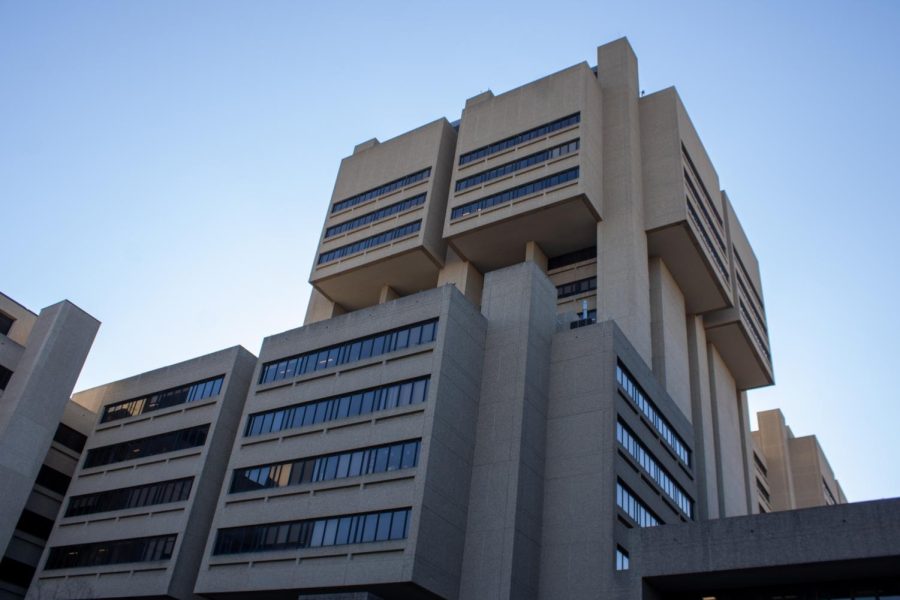The University of Minnesota’s Office of Academic Clinical Affairs (OACA) hosted their bi-yearly “Mini Medical School” webinar on April 12, focusing on the health of aging.
Joseph Gaugler, director of the University’s Center of Healthy Aging and Innovation, moderated the recent webinar. He discussed aging in rural and international communities, inviting experts to present their knowledge to the general public.
“Many of us have questions as we get older about ‘what I should be doing in terms of my activity, what should I be looking for in a health system or health care provider that actually promotes healthy aging,’” Gaugler said. “These are our community members from Minnesota and worldwide asking these questions.”
The Mini Medical School webinars are open for members of the general public who are interested in learning about various health topics, such as planetary and environmental health. Recordings are posted online after a webinar concludes.
Mini Medical School was created by Greg Vercellotti, professor of medicine at the University’s Medical School, in 1999, after he realized the University community did not know about the medical school or the Academic Health Center, which hosted the events before it dissolved in 2009.
“It was at a time where we had significant cuts and funding at the University, and we had several proposals before the Legislature for funding,” Vercellotti said. “It was also at a time where Fairview bought the hospital, and we realized that we were not always transparent about what we do.”
Prior to the Mini Medical School, Vercellotti hosted a show on the Public Broadcasting Service (PBS), which ran 30 episodes a year and focused on health problems in the community, such as heart disease and breast cancer.
He worked with former University president Mark Yudof and state legislators to create the Mini Medical School after learning about similar programs done by the National Institutes of Health and the city of Denver, which invited the community to learn about health topics of their choosing.
“What we really wanted was to have people from the community come in and see what the medical school does, this is what being a medical student is like,” Vercellotti said.
For Gaugler, the Mini Medical School is meant to provide useful information for attendees about a topic of choice with the ability to talk to experts about how a health issue affects them.
“These are a mixture of older people and family members and health care professionals who really want to learn more about healthy aging and what they can do about it both for themselves and their loved ones,” Gaugler said.
Vercellotti held Mini Medical School talks in Moos Tower, where he brought experts from the University and the state to talk about bioterrorism and anatomy.
“People could actually see what a knee looks like or what a heart or brain looks like,” Vercellotti said. “It was so great to have the president [Yudof] a part of this.”
Vercellotti was glad the Mini Medical School is continuing to provide valuable health information to the public.
“We explore issues around the nation and the world, so it’s a mix between timeliness and what’s happening in public health or otherwise,” Gao Vang, OACA senior communications specialist, said. “For example, cancer, which has affected many people, who want to learn more about resources and any opportunities they can engage in and learn more from experts on that topic.”
Since switching to a webinar format in 2020 as a result of the COVID-19 pandemic, the Mini Medical School has had more than 5,000 attendees attend their webinars, according to Vang.
“I think it’s a way to emphasize how we share University knowledge with the public,” Vang said. “It’s not just for the University community. It’s for communities in Minnesota and around the world, so I think that’s really where the value is.”













